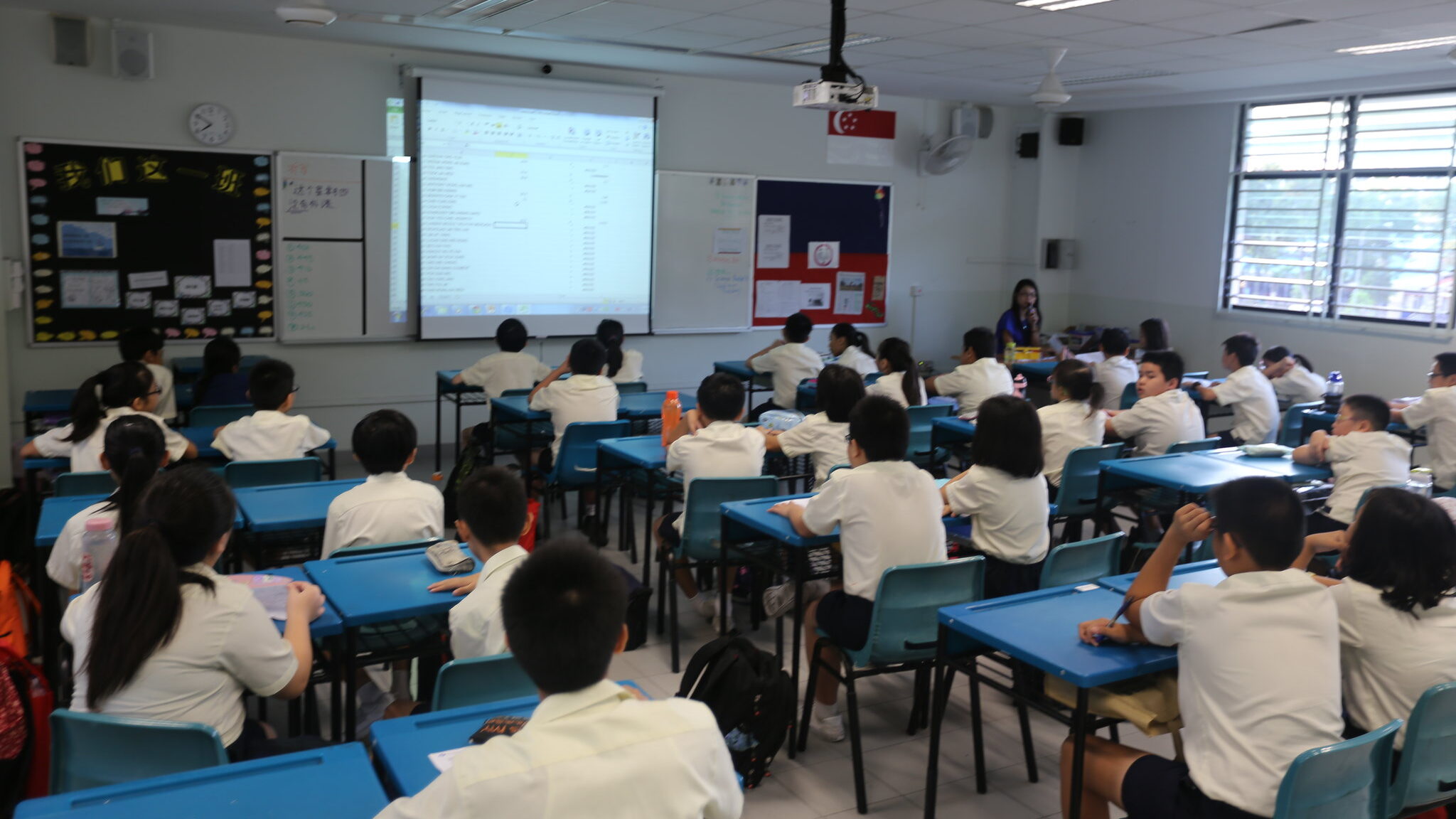Primary 1 Registration: Where alumni privilege and distance rules can accelerate inequality
May 9, 2023

The Primary 1 (P1) registration exercise in Singapore has been the subject of much debate in recent years, with concerns that the current mechanisms reinforce pre-existing inequalities in society. In ‘Primary 1 Registration: Where alumni privilege and distance rules can accelerate inequality’ (The Straits Times, April 2023), Associate Professor Vincent Chua (NUS Sociology and Anthropology) and his co-authors Cameron Kheng (NTU Sociology) and Eik Swee (University of Melbourne Economics) highlight that the mechanisms that determine and inform the P1 registration exercise currently reinforce social inequalities. At present, the exercise is divided into several phases, with preferential choice granted to alumni parents in Phase 2A, and admission in Phase 2B dependent upon the amount of volunteer work parents have put into the school.
Phases 2C and 3 prioritize geographical proximity to schools, with elite schools typically located in wealthy neighbourhoods. However, these distance-based admissions can become a tool of social reproduction and perpetuate socio-economic division. As A/P Chua points out, this admission process fails to uphold and reflect the principle of meritocracy that Singapore so strongly stands by.
A/P Chua also writes that distance-based admission has become an instrument of socio-economic division in combination with pre-existing inequalities. The concentration of elite schools within wealthy neighbourhoods has led to patterns of social segregation along class and racial lines, suggesting that elite school statuses have combined with neighbourhood wealth to reinforce patterns of social closure and exclusivity.
To tackle educational inequality, it is hence crucial to recognize the potential of the P1 registration exercise to accelerate inequality and perpetuate socio-economic division. A/P Chua regards the recent move by ACS Primary to Tengah as a positive step towards meritocracy, as it has the potential to promote the sharing of resources across social groups. This move promises to loosen elite circles and encourage cross-class interactions for the benefit of social cohesion in Singapore.
Read the article here: https://www.straitstimes.com/opinion/primary-1-registration-where-alumni-privilege-and-distance-rules-can-accelerate-inequality
